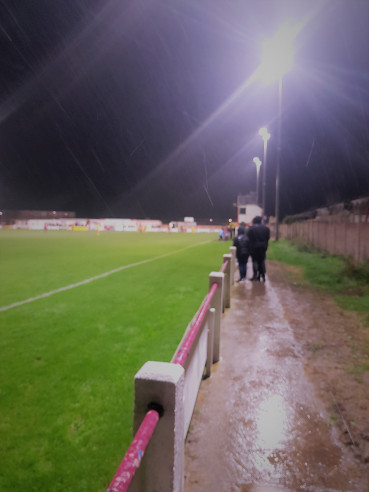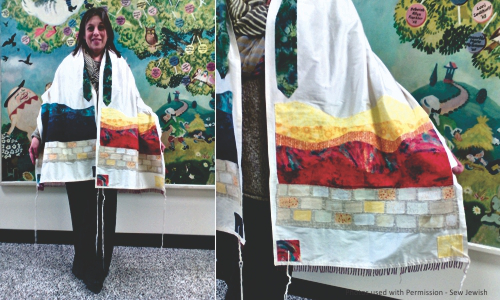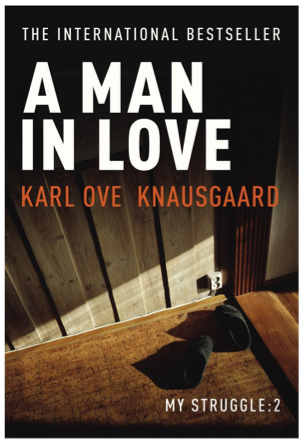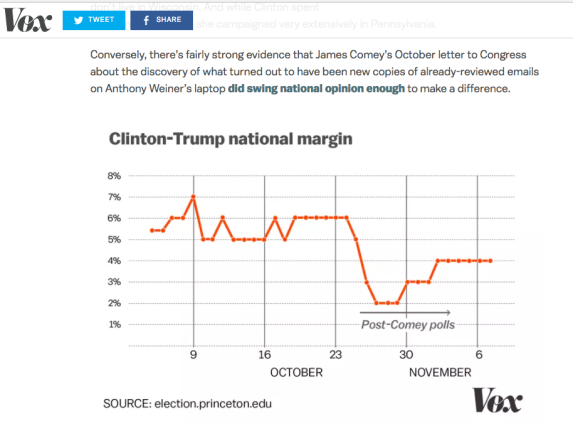“There are moments, Hasan, when I like to think that the stars are bullet-holes. For every bullet shot by an oppressor there springs to life a star, with so great a radiance that it can never be put out, it can never be imprisoned. But if that really were true, the last three months in this city would have erased every trace of blackness from the sky.”
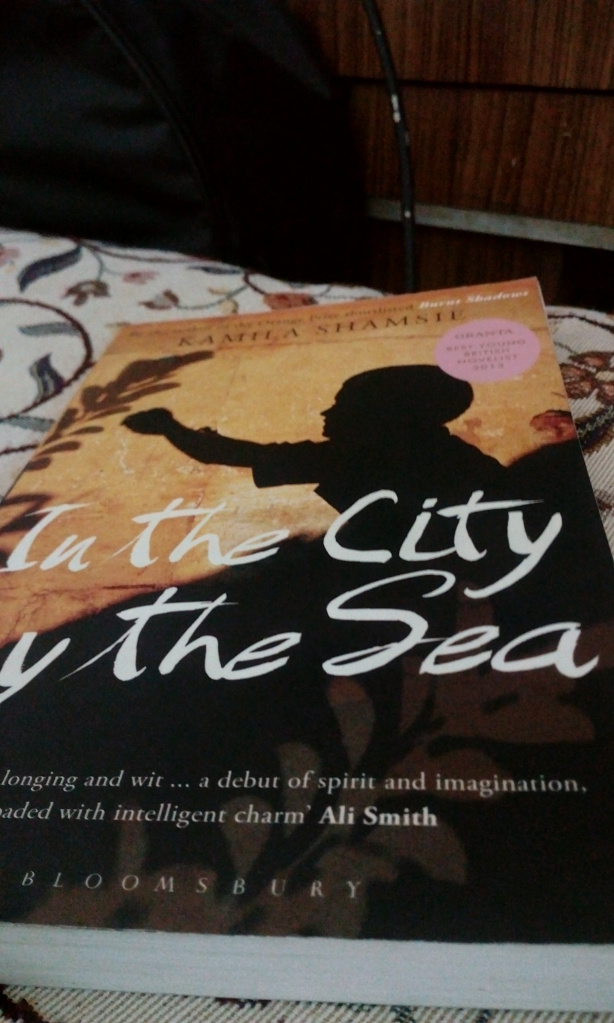
This dialogue is from page 22 of Kamila Shamsie’s debut novel, In the City by the Sea, and the beauty of this dialogue is that even if you haven’t read the previous 21 pages for context, you still understand the intensity and how troubled times are for the characters in the book. I am rethinking whether I should have used the phrase ‘luminous prose’ in the title of this post when I know well enough how much she hates the phrase. No, her prose does not illuminate any place. She just doesn’t like the phrase very much when book reviewers use it.
Today, I want to talk about Kamila Shamsie and, firstly, congratulate her for the inclusion of her new book, Home Fire, in the long list of Man Booker Prize 2017. The book is releasing officially (in India) on 15th August, and I can’t wait to read it.

Since I started this blog, I have been wanting to talk about Kamila Shamsie and her books, that is, if I haven’t done it enough on Instagram, to my friends and with my book club, and yet it feels like I haven’t said enough. Perhaps because my prose isn’t ‘luminous’ enough (bad joke, sorry). One thing is for sure, it is clearly nowhere close to how she writes.
I’ve said this enough times and I’ll say this again, that if you haven’t the slightest of idea who JK Rowling is and you read Harry Potter books from 1 to 7, by the end of it, in your heart, you know who Rowling is as a person, what her beliefs are, and what she stands for. In your heart, you love her for the person she is. That is exactly what Kamila Shamsie is to me.

I was introduced to her in early 2016 when I had this idea of writing a book about a hibakusha (a person who has survived the nuclear bombings of Hirsoshima and/or Nagasaki in the August of 1945). And while I was looking for suggestions on books to read about the attacks, a lady from my book club, Bring Your Own Book, suggested Burnt Shadows by Kamila Shamsie. It was either the only suggestion I got or I did not care about the other recommendations. Either way, I thanked her and quickly ordered the book on Amazon; it was in my hand within the next two days. I flipped through the pages to check if there was any discrepancy or printing error so I could return it in time and get it replaced for a new copy. As it turned out, it had one. The page numbers 23 and 24 were blank. There was not a single word on them. I read the last sentence of page 22 and the first sentence of 25, it seemed as if nothing was missing. I downloaded the PDF from some untrustworthy source to check if it had no blank page, but even in the PDF, the part where page 22 ended and 25 began, it was the same and nothing was missing. I said to myself that it’s just 2 blank pages, a mere printing error, as long as the content of the book is not missing, it’s fine. I’m not fussy about it, anyway. That night, I was excited to read the book and the moment I reached page 22, I realised it was not a printing error. They weren’t there unintentionally; even the skipping of pages was intentional. When I finally turned to those blank pages after reading the previous 22 pages, I was crying because those blank pages were shouting in my ears, loud. Neither of the pages had a single word, not even a smudge of ink on them, yet those are the pages that spoke the most; they spoke what thousands of words on the previous 22 pages collectively could not. I closed the book for the night and slept. I did not have it in me to continue then. It stayed on my bedside, the words of those blank pages still ringing in my head. I had never read anything like this before, and perhaps I never will.

Burnt Shadows was also my introduction to the literature that revolves around my hometown. I have been born and brought up in Delhi, have watched so many movies and read books about it I can’t even count, but for the first time I read someone talk as romantically about Delhi as I do. The reason why I generally avoid reading travelogues about Delhi is because they write about the monuments and the history, the essence of Delhi is mostly amiss. Kamila Shamsie had gotten hold of the essence of Delhi, the 1947-before-Partition Delhi that I have only read of in history books, and feel in my soul how Delhi is still the same. Since 1947, almost everything has changed; Delhi’s garb has changed, is changing every single day, but Delhi, in its heart, is still the same. Reading Kamila Shamsie write about Civil Lines (which is a 10 minutes’ drive away from my place), Chandni Chowk, Qutub Minar, and other places, it felt like home. That feeling of belongingness and relatability that readers so long (“It’s good, I like the characters, but it wasn’t relatable, so that’s why I don’t like it much”), it was there. You know how readers talk about how good a book is because it kept them hooked, how many times they have said in their head, “Just one more chapter and I’ll sleep,” and then not sleep at all. Burnt Shadows was the exact opposite. I couldn’t read more than 3 chapters in one sitting because they were so hard-hitting and soul-consuming that I had to keep the book down, relax my heart and mind before picking up the book again the next day. As a result, despite the fact that I had 2 hours of reading time everyday, I couldn’t read more than 3 chapters in one sitting and had to take my breaks, and it took 14 days to finish it, even though it was a regular 300-page book which I generally finish in 4-5 days. So it wasn’t exactly a book that kept me “hooked”. And the moment I finished the book, I knew who Kamila Shamsie is as a person, what her beliefs are, and what she stands for.
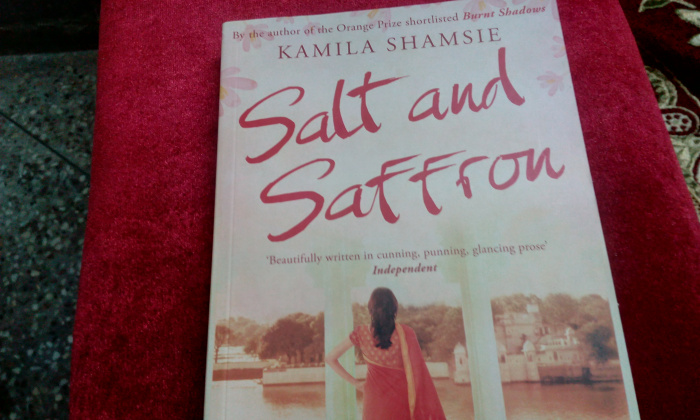
Sometime later, the next book by her that I picked was In the City by the Sea, which was published when she was 25. And it only made me admire her more. In those days, I was reading as much about her as I could, watching her videos on YouTube, what she has to say. I found out that she was at Jaipur Literature Festival in January 2015; oh how much I wished I knew her earlier! I would have gone to meet her.
Recently, I read about her new book, Home Fire, releasing and I took it on myself to read all her books before it releases. So far, I have read Salt and Saffron and Kartography, and am yet to read Broken Verses and A God in Every Stone (I think I can read them before 15 August, but I don’t want to rush, not with her books at least). And all of these books exude Kamila Shamsie.
If someone were to help me meet Kamila Shamsie, I think I’ll just cry and hug and thank her for writing these books. And perhaps just sit on the floor and hear what she is speaking. I can surround myself with her words, spoken or written, anytime and would cherish every second of it. Reading Kartography and Burnt Shadows made me realise how much she loves her hometown Karachi. That despite all the corrupt politics that happen in the city, it is still home. And sitting here in Delhi I related this so much to the Delhi I live in now, that despite Delhi being the ‘Rape Capital’, this is still home. I fear that if I ever leave, I will not find it in my heart to return. I don’t ever want to be away from the place where home is, not for long at least. I still want it to be the place I come back to when all else around me has failed and I need to breathe. Delhi is my home and there is no other way I can explain why this city means so much to me.
And now for the first time in my life, I know how it feels to wait for the book by your favourite author. Home Fire releases on 15th August; I have already pre-ordered it on Amazon because I don’t know whether the local bookstores will keep her book on the release day or not. I hope they do because I’ll visit some of them on the day. I have to be optimistic. With it included in the longlist of Man-Booker, the probability is high.
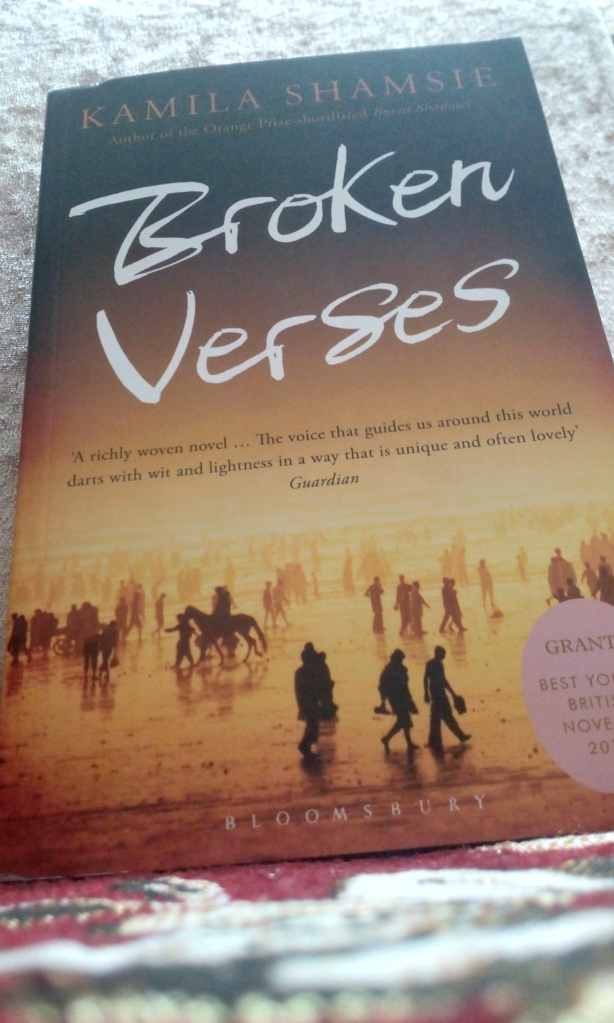
I think I have gone on too long talking about Kamila Shamie. I’ll stop now. In closing, I would like to say that if this makes you read one of her books, and later you find out that she is not as good as I claimed her to be, please know that all that I wrote is personal, extremely personal. It’s okay if you don’t like her; everyone connects to things differently and to a different extent. But if you do read and feel even close to what I feel while reading her words, send over a message; I’m always ready to talk about her. I’ll list down the books she has written so far and the link, if you want to purchase, and my personal recommendation if this is your first time reading this.
Thank you for being patient while I express my admiration about Kamila Shamsie. I dream to write like her someday. Will I ever be able to? I don’t know.
I will see you soon. Leaving you with the song that I was listening to while reading Salt and Saffron and I think it connected to the essence of the book.
In the City by The Sea: http://amzn.to/2tU6HeK
Salt and Saffron (Personal recommendation): http://amzn.to/2v8hUrT
Kartography (Personal recommendation): http://amzn.to/2vVnLi6
Broken Verses: http://amzn.to/2um8sBX
Burnt Shadows (Personal recommendation): http://amzn.to/2waNn9R
A God in Every Stone: http://amzn.to/2vVodfZ
Home Fire (Pre-Order): http://amzn.to/2v89hhe
Advertisements Share this:

